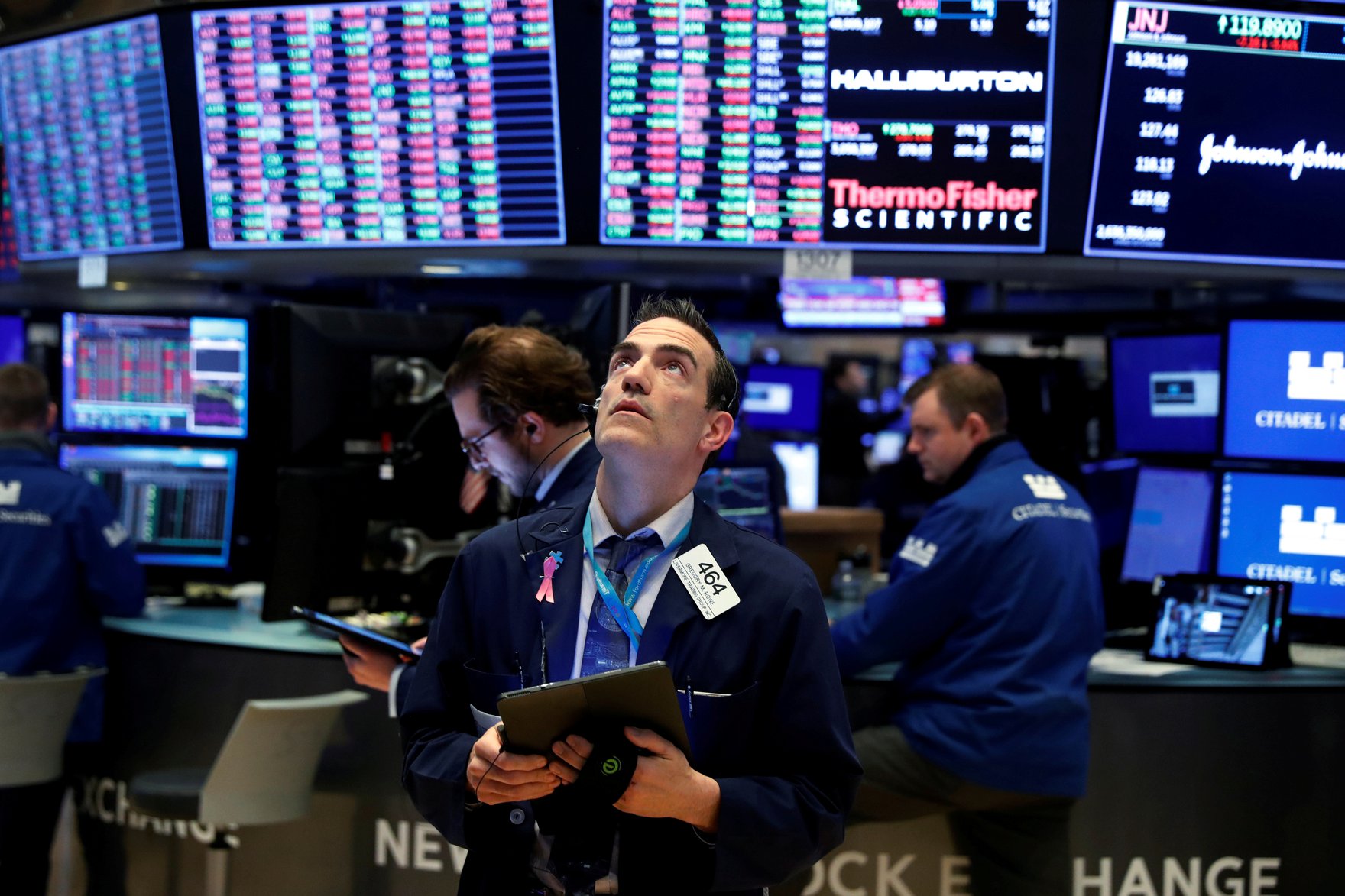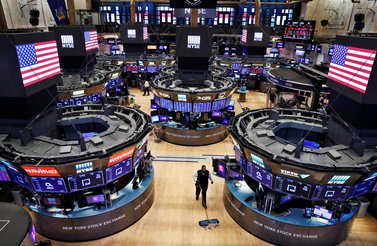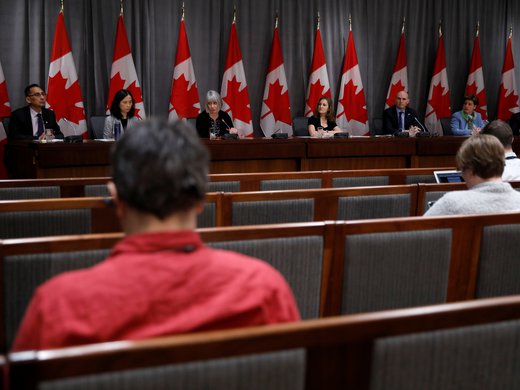With our cities around the world resembling scenes straight out of Albert Camus’s dystopian novel The Plague, and financial markets in free fall due to the outbreak of COVID-19, it may not seem to be the right moment to dissect “what went wrong.” But, even at this very early stage — as economies move from a supply shock to a demand shock that will inevitably bring job losses and a recession — there are lessons to be learned. Economies based on high levels of leverage are inherently fragile and with no inbuilt resilience to withstand even mild shocks (let alone the ripple effects that the pandemic has caused. Even before the outbreak of COVID-19, the forecasts about global economic growth and the stability of financial markets were gradually getting darker. Both the International Monetary Fund (IMF) and the World Bank had warned that systemic risk — the risk of serious disturbance to the financial system — might be about to make a potent comeback due to trade wars and the very high levels of private sector debt.
This century’s earlier episodes of serious disturbance to the financial system (such as the 2008 banking crisis and the 2010–2015 EU sovereign debt crisis) and the ensuing austerity policies sparked social discontent — which morphed into today’s populist movements and trade wars.
Central bank liquidity injections and historically low interest rates for a prolonged period have led to a return of very high levels of leverage in most sectors of economic activity. Essentially, the growth of the last decade was fuelled, in part, by high levels of indebtedness rather than by productivity gains and a long-term investment boom. We have, for instance, widely observed an increase in the number of share buybacks on Wall Street and a stock and housing market bubble in China. Such short-termism has repercussions, and these were nowhere more clearly manifested than in short-term corporate borrowing, which is a factor in the precipitous stock market falls we see today.
Since 2008, a host of new financial regulations have been introduced in an attempt to augment the financial systems of Group of Twenty (G20) countries and prevent another systemic crisis of existential proportions. These regulations have mostly focused on banks, which were at the heart of the previous two crises and made them both more resilient and more risk-averse. But the biggest source of worry these days is not the regulated sector or the threat of an imminent sovereign collapse. Rather, it is the building up of hidden levels of private sector debt in the system of parallel lending we call shadow banking, which proved troublesome in 2008 as well. Specifically, fears concentrate on a new segment of shadow banking markets that has emerged, what I’d call the shadows of the shadow system, namely, short-term corporate-to-corporate lending. This relatively new development has all the ingredients to turn into a mighty catastrophe when combined with a major macroeconomic event such as the demand shock that COVID-19 is widely forecasted to bring along to deepen and widen the anticipated recession figures around the world.
In the short-term an avalanche of central bank liquidity will make sure that we will not see a string of corporate bankruptcies as short-term debts will be rolled over. But should economic operators and markets always operate on the knife-edge? G20 authorities need to act now in a coordinated way, not only to put off today’s wildfires in the markets but also to make sure that the economy becomes less leveraged, since an accumulation of bad debts would mean a slower rate of economic recovery when the worst phase of the pandemic is over.
There are two steps that the G20 could take that would have an immediate effect:
- extend the regulatory net to all forms of credit intermediation and maturity transformation, obliging such entities to some form of licensing and a duty to act prudently when facilitating new lending; and
- use their macroprudential powers beyond the regulated sector to avoid the emergence of a new generation of too-big-to-fail entities.
Unregulated big corporations (over a certain turnover threshold) engaging in short-term lending to recycle their cash surpluses in global markets should be required by G20 regulators to observe large exposure restrictions in their short-term borrowing and lending outside the banking sector. They could also be made subject to a minimum of liquidity reserves to meet a portion of their short-term liabilities over a month. Given the lack of transparency in this sort of activity and the promise of yields in an environment of very low interest rates it may be absurd for authorities to merely rely on market discipline to restrain it.
These restrictions may be imposed on a temporal basis by public authorities, but there is also a need to reform company directors’ duties with respect to preservation of financial stability.
Measures to restrict corporate short-term lending in shadow banking markets will prevent them from free-riding on the public safety net. They would also make the approaching economic crisis less devastating for individuals and households whose livelihoods depend on the solvency of these corporates. In the longer term, such restrictions would make corporate boards more determined to focus on productivity gains and innovation, moving away from the toxic wave of debt-based capitalism of the last decade.




